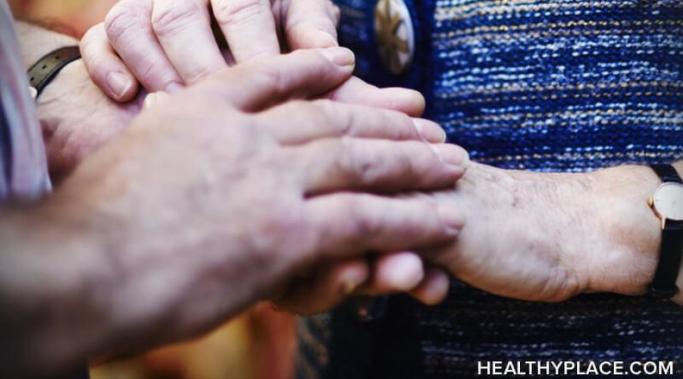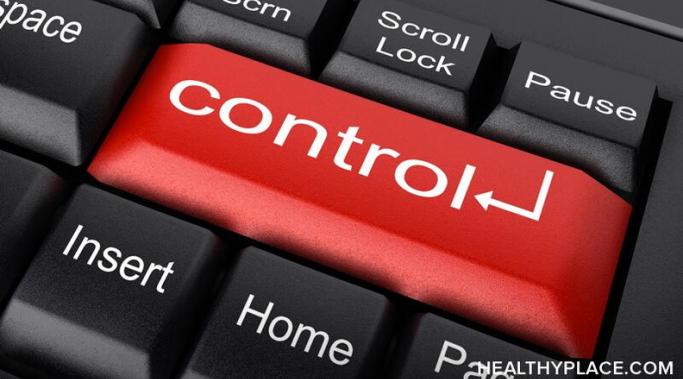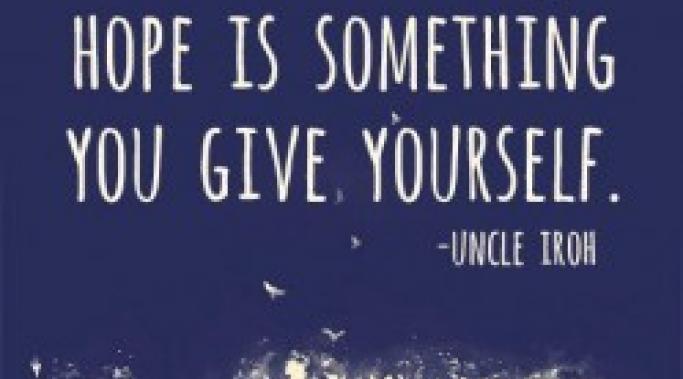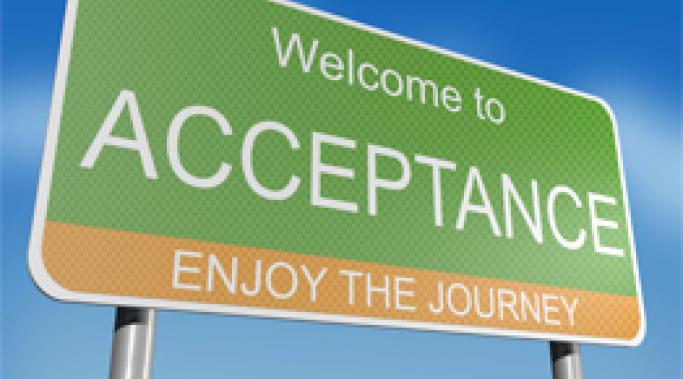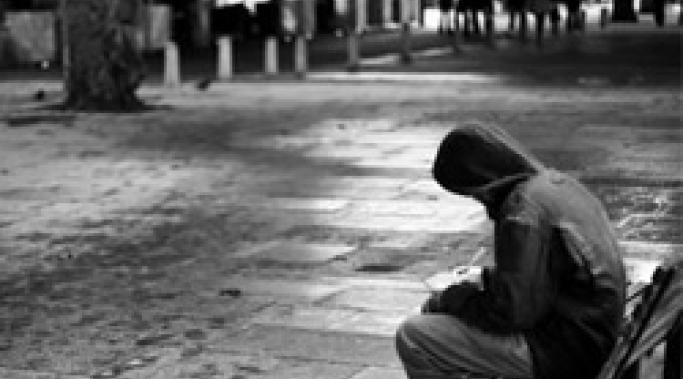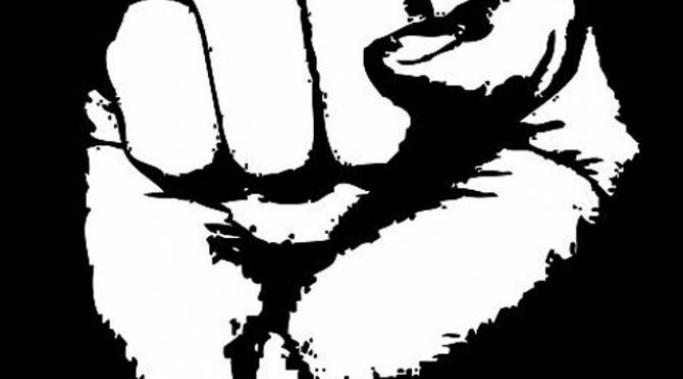In 2010, I worked as a peer support specialist for a mental health organization in my community. Having been on the job for just over a year, I was feeling fulfilled and proud of myself for what I’d accomplished. Most importantly, I was making a difference to other people who suffered from mental illness. My colleagues were happy with my work and made it a point of telling me so.
So imagine my surprise when I was called into the boss’s office one day. She looked at me and said, “Mike, you are decompensating.” I didn’t even know what that meant.
Embracing Mental Health Recovery
Have you ever noticed that control is a major life issue for people? And have you noticed that we all, as human beings, want to have control of ourselves, others, and pretty much the entire universe, if we had our way? Of course, you've noticed, because you've lived around other people enough to know that our quest to control permeates much of our lives.
Last week brought me a lesson in the need to be prepared when mental health triggers come, as they inevitably do in our recovery. These triggers can be dangerous because they can instantly transport us to a place of emotional turmoil and intensify our symptoms. In order to manage our illness, we must be prepared at all times. We never know when we can be triggered and we need to take steps to ensure we and others around us are safe.
This past week, there was a national firestorm with the release of American POW Bowe Bergdahl from captivity in Afghanistan. I had not known the story prior to this, but when I heard the circumstances of his experience, I was triggered in a way that hasn’t happened in a long time.
Mental health recovery is an exercise in hope. Hope—the earnest expectation of coming good. Hope is indispensable to our recovery. Hope can help us move away from the terror of defeat and despondency. It's not an abstract idea that makes no real difference in our recovery. It’s the cornerstone upon which the entire recovery foundation is built. There can be no recovery without hope.
Despair on the other hand, is a hellish pit we can find ourselves in if we are not careful.
The source of much of our discomfort lies in what we find unacceptable. I’m heartbroken because I don’t want to accept that person I loved is gone forever. I’m anxious because I don’t want to accept that I might actually be safe, that no one is trying to purposely hurt me. I’m sad because I have difficulty accepting that there are actually good and lovely things in this world, as well as the bad things. I don’t want to accept that I need to be on this medication now, and maybe for life. All these things, and many more, I find unacceptable.
One of the casualties of mental illness is often any kind of healthy social interaction. If we aren't careful, we can end up in a vortex of loneliness that serves only to make us feel worse about our mental health and cause our condition to deteriorate. Why do we, as people with mental illness, isolate ourselves?
Life doesn't halt simply because a mental illness exists, as much as I might wish the world would occasionally stop and let me off. How can you maximize the highs and offset the lows of bipolar disorder?
Stigma: a fallacy based on preconceived notions. I am going to go out on a limb here: Everyone at some point in his or her life has experienced stigma. Maybe because we have a lisp, a limp, maybe due to a physical impairment or maybe due to socioeconomic status. Stigma is nearly always directed at something we are unable to fully control.
We know that adjectives are descriptive. We welcome adjectives and what they have the power to do: paint a mental picture, create an emotional response, fill in the blanks when an explanation is needed and so much more. What about when a normally positive adjective is used to describe us? When can an adjective intended to be a positive become a negative and a label instead? Allow me to explain:
There are four-letter words and then there are four-letter words. What four-letter word comes to mind when I say mental illness? Pain, fear, meds or perhaps a few salty words? What about hope? Does hope enter the conversation?
